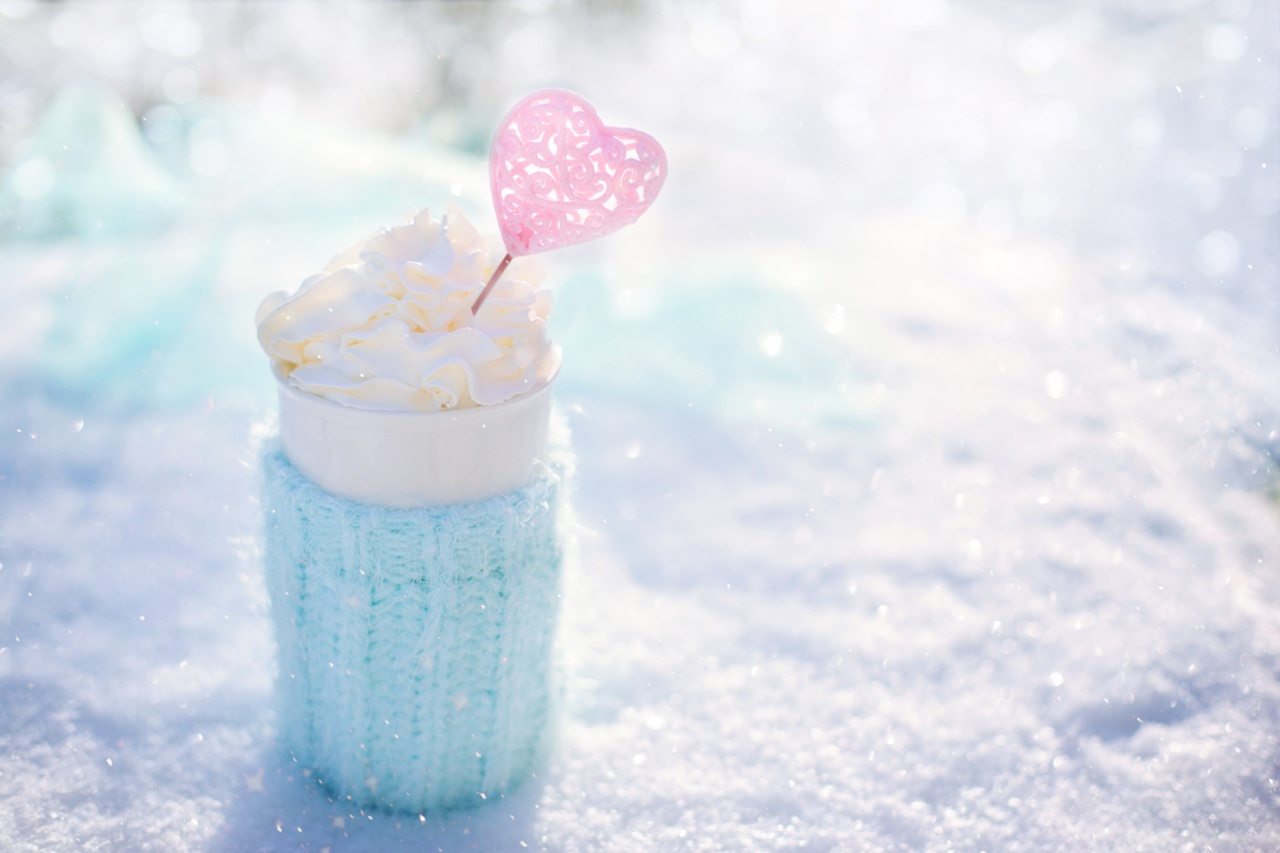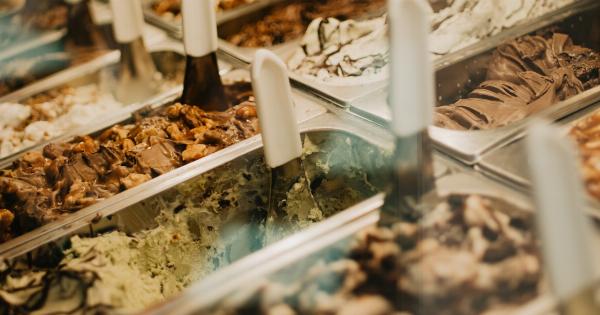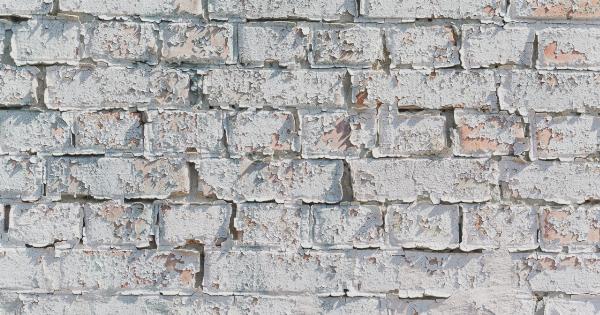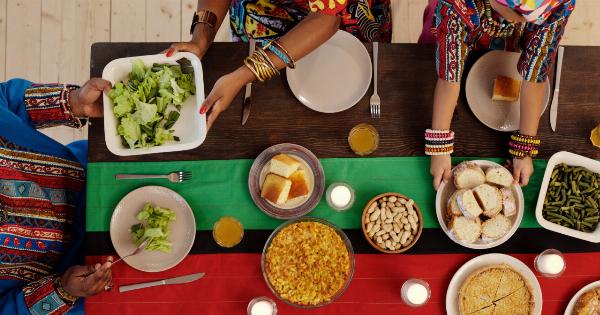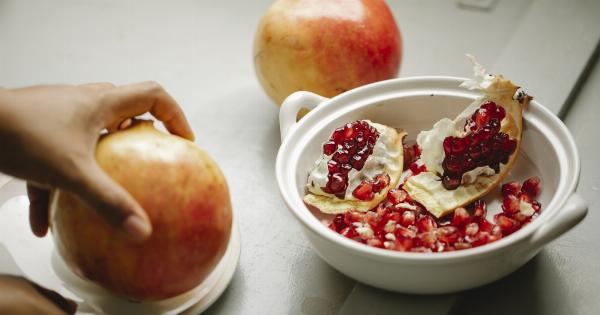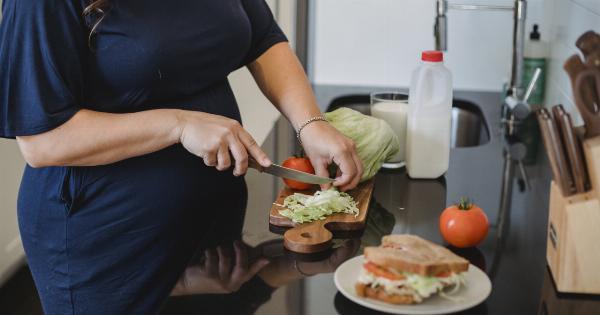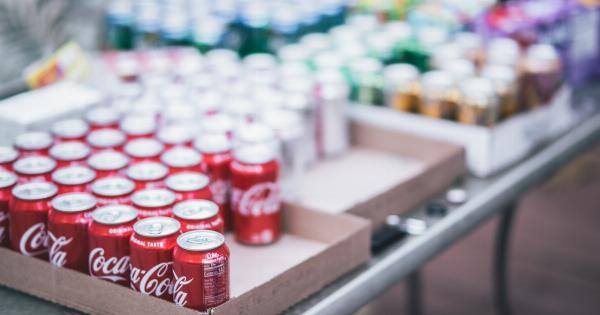Freezing food has become a common practice in households. It’s an easy and convenient way to store food for later use. However, not all foods are suitable for freezing. Freezing can significantly affect the texture, taste, and quality of some foods.
Below are ten foods that you should avoid freezing:.
1. Eggs in their shell
Freezing eggs in their shell can cause the shell to crack. Furthermore, as the egg freezes, the water inside expands, which also causes the yolk to become thick and rubbery.
If you need to store eggs, it’s better to remove them from their shell, whisk them, and store them in a container.
2. Soft cheeses
Soft cheeses like brie, ricotta, and cream cheese tend to lose their texture when frozen. The water in the cheese separates from the solids, leaving a crumbly texture.
Unfrozen, soft cheeses are also prone to spoiling, so it’s best to consume them fresh or within the recommended shelf life.
3. Mayonnaise
Mayonnaise can be used in various dishes, but it’s not suitable for freezing. When mayonnaise is frozen and thawed, it separates, resulting in a grainy texture and a loss of flavor.
4. Fresh herbs
Herbs like parsley, basil, and cilantro can lose their flavor and aroma when frozen. Furthermore, their texture can also become mushy and unappealing.
Instead of freezing fresh herbs, it’s better to use them within a few days of purchase or dry them.
5. Raw fruits and vegetables
Freezing raw fruits and vegetables can affect their texture and taste. The water present in the produce expands, causing it to become mushy and lose its crispness.
If you need to store fresh produce, it’s better to use airtight containers to preserve their freshness for a few days.
6. Fried foods
Fried foods like French fries, chicken nuggets, and onion rings can lose their crispness when frozen. This is because the moisture from the oil in which they were fried turns the coating soggy.
If you have leftover fried food, it’s better to reheat them in an oven or on a stovetop.
7. Carbonated drinks
Carbonated drinks can explode when frozen due to the expansion of the gases dissolved in the liquid. Additionally, carbonated drinks can lose their carbonation and flavor when they defrost.
8. Cooked pasta and rice
Cooked pasta and rice tend to become mushy and sticky when frozen. This is because the starch present in the pasta and rice expands when frozen and then loses moisture during thawing, resulting in an unappetizing texture.
9. Milk-based sauces and soups
Milk-based sauces and soups like cream-based soups or alfredo sauce can split when frozen. Upon thawing, the milk solids may separate from the liquids, causing an unappetizing texture and appearance.
10. Salad greens and vegetables with high water content
Salad greens and vegetables with high water content like cucumber and lettuce tend to become wilted, slimy, or mushy when thawed. This is because the cells in the vegetables burst when frozen and lose their texture and structure upon thawing.
While you can freeze vegetables like spinach and kale, it’s better to cook them instead of using them in salads.
Conclusion
Before you decide to freeze food, it’s essential to consider whether or not it’s suitable for this storage method. Freezing certain foods can affect their texture, taste, and appearance, making them unappetizing.
By understanding which foods are not fit for freezing, you can ensure that your meals are always delicious and appetizing.
